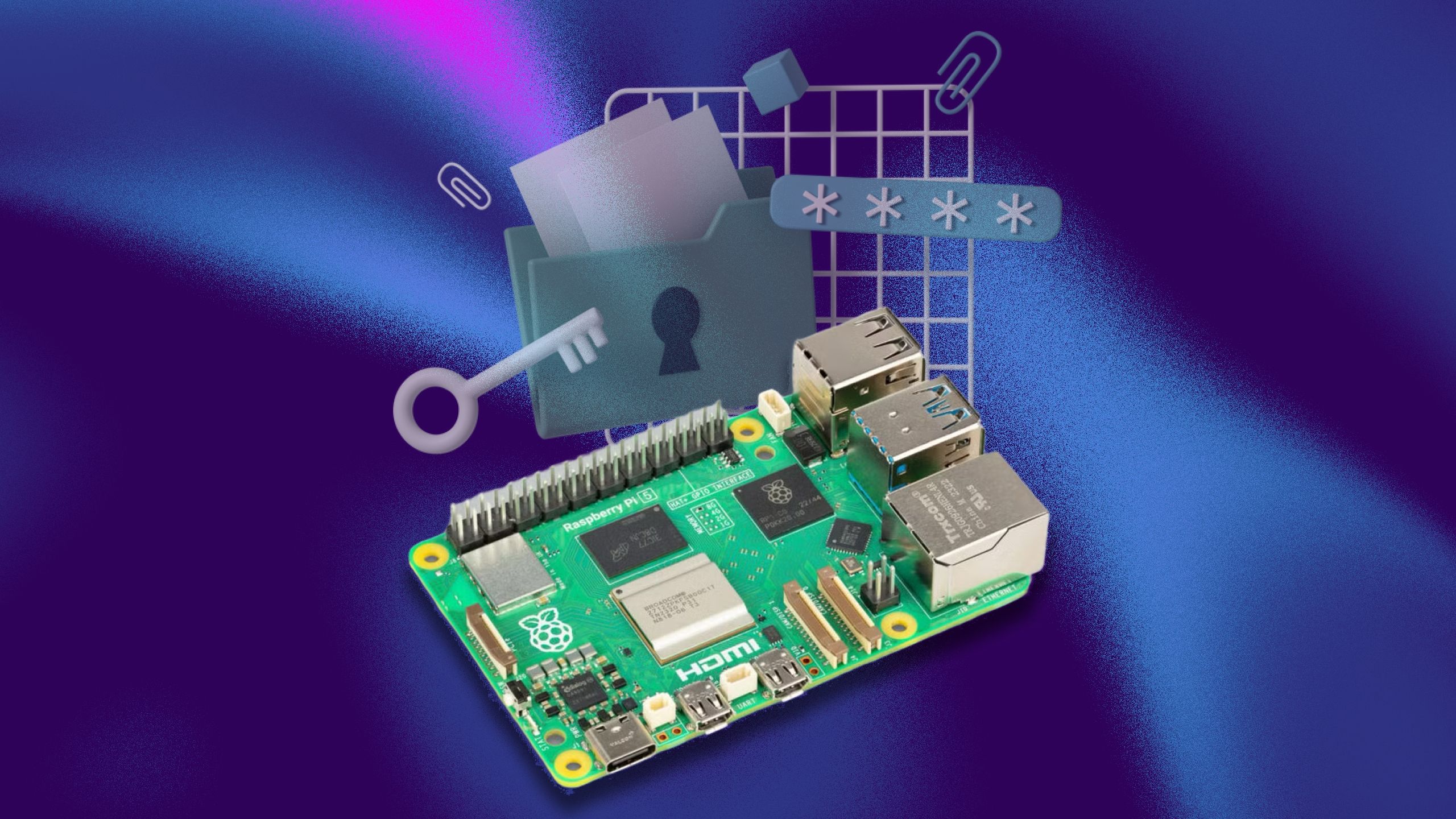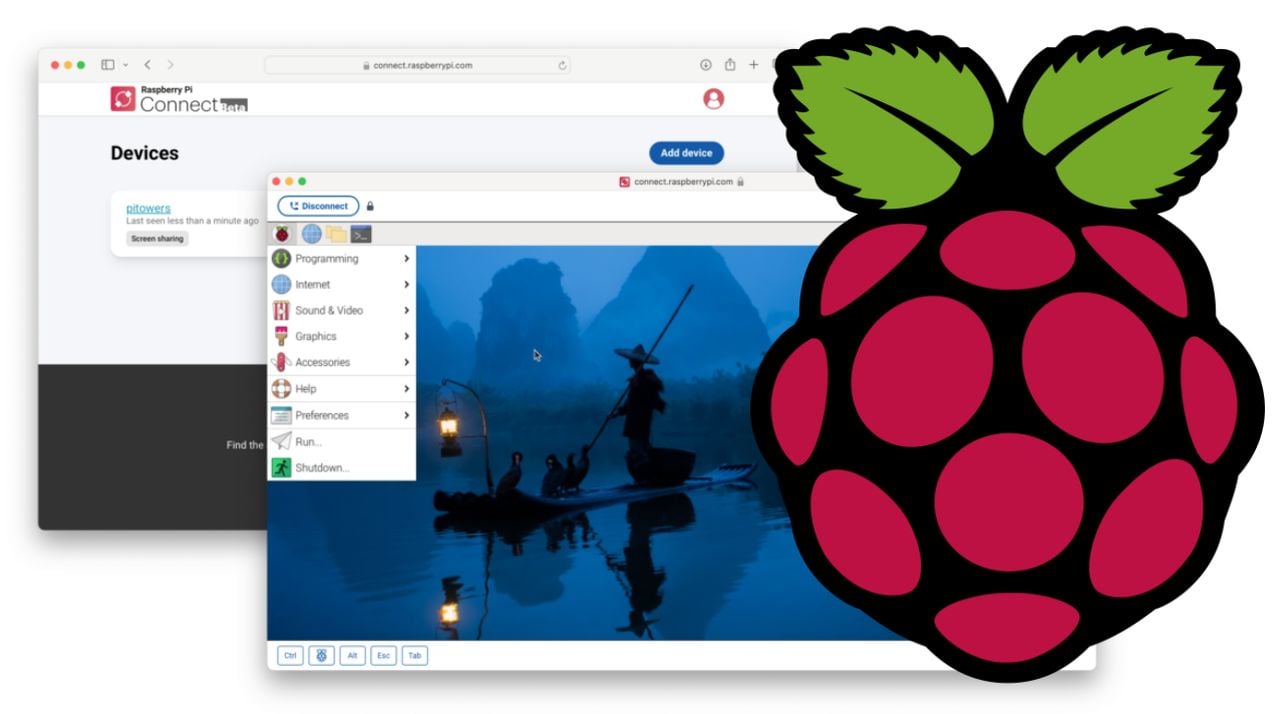Let me tell you something, folks—remote IoT platforms and Raspberry Pi are like peanut butter and jelly. They just go hand in hand! If you're diving into the world of IoT development, choosing the right platform can make or break your project. Today, we're going to break down everything you need to know about the best remote IoT platforms for Raspberry Pi. This ain't just another tech article; it's your ultimate cheat sheet to building smart, scalable, and reliable IoT solutions.
Now, let's face it—IoT is not just a buzzword anymore. It's the backbone of modern technology, connecting devices, homes, cities, and even farms. But with so many options out there, finding the right platform can feel like searching for a needle in a haystack. Lucky for you, we’ve done the heavy lifting. In this guide, we’ll explore the top platforms that pair seamlessly with Raspberry Pi, helping you build projects that are both functional and future-proof.
So whether you're a hobbyist tinkering with your first Raspberry Pi or a pro developer looking to scale your IoT empire, stick around. We're about to dive deep into the nitty-gritty of what makes a remote IoT platform truly great—and how you can leverage it to achieve your goals. Let’s get started, shall we?
Read also:Phil Wickham Height And Weight Unveiling The Stats Behind The Worship Leader
Here’s a quick table of contents to help you navigate:
- Introduction to RemoteIoT Platforms
- Why Raspberry Pi is the King of IoT
- Top RemoteIoT Platforms for Raspberry Pi
- Key Criteria for Choosing the Best Platform
- Comparison of Popular Platforms
- Real-World Use Cases
- Security Considerations
- Scalability and Performance
- The Power of Community Support
- Wrapping It All Up
Introduction to RemoteIoT Platforms
Alright, let's kick things off by talking about what a remote IoT platform actually is. Simply put, it's the software backbone that allows you to manage, monitor, and control IoT devices remotely. Think of it as the brain that connects all the moving parts of your IoT ecosystem. And when you throw Raspberry Pi into the mix, well, you've got yourself a powerhouse combo.
RemoteIoT platforms are designed to handle everything from data collection and processing to device management and analytics. They provide the infrastructure you need to build robust IoT applications without reinventing the wheel. And with Raspberry Pi being one of the most versatile and affordable single-board computers on the market, it's no wonder why developers are flocking to pair it with these platforms.
Why Choose a RemoteIoT Platform?
There are plenty of reasons why a remote IoT platform is a must-have for your Raspberry Pi projects. Here are a few:
- Effortless Device Management: Forget about manually configuring each device. A good platform lets you manage all your IoT devices from a single dashboard.
- Real-Time Data Analytics: Need to make sense of the data your devices are collecting? These platforms offer built-in analytics tools to help you visualize and interpret that data.
- Scalability: Whether you're starting with one device or scaling up to thousands, the right platform will grow with you.
- Security: IoT security is no joke. A solid platform ensures your devices and data are protected from cyber threats.
Why Raspberry Pi is the King of IoT
Let's talk about the star of the show—Raspberry Pi. This little device has taken the maker community by storm, and for good reason. Its affordability, versatility, and open-source nature make it the perfect choice for IoT projects. From home automation to industrial applications, Raspberry Pi can do it all.
But what makes Raspberry Pi so special? Here are a few key features:
Read also:Carmelo Anthony Gofundme Page Supporting A Legend Beyond The Court
- Compact Size: It's small enough to fit in your pocket but powerful enough to run complex applications.
- Open-Source Community: With a massive community of developers and enthusiasts, you'll never run out of resources and support.
- Customizability: Whether you're running Linux, Windows IoT, or any other OS, Raspberry Pi gives you the freedom to tailor your setup to your needs.
- Cost-Effective: Let's be honest—Raspberry Pi is a steal. You get a ton of value for the price.
Popular Models for IoT
Not all Raspberry Pi models are created equal. Depending on your project requirements, you might want to consider:
- Raspberry Pi 4: The latest and greatest, offering top-notch performance and support for multiple operating systems.
- Raspberry Pi Zero: A budget-friendly option for lightweight projects.
- Raspberry Pi Pico: Designed specifically for microcontroller projects, this one's got some serious muscle.
Top RemoteIoT Platforms for Raspberry Pi
Now that we've established why Raspberry Pi is the king of IoT, let's talk about the best platforms to pair it with. Here are some of the top contenders:
1. AWS IoT Core
AWS IoT Core is Amazon's flagship IoT platform, offering a robust set of tools for device management, data processing, and analytics. It integrates seamlessly with other AWS services, making it a great choice for cloud-based IoT projects.
2. ThingSpeak
ThingSpeak is a powerful platform that specializes in real-time data analysis and visualization. It's perfect for beginners who want to dive into IoT without getting bogged down by complex configurations.
3. Azure IoT Hub
Microsoft's Azure IoT Hub is another heavy hitter in the IoT space. It offers enterprise-grade features like device twins, messaging, and security, making it ideal for large-scale projects.
4. The Things Network
For those interested in LoRaWAN technology, The Things Network is a community-driven platform that provides free and open access to LoRaWAN networks worldwide.
Key Criteria for Choosing the Best Platform
Not all platforms are created equal, so how do you choose the right one for your Raspberry Pi project? Here are some key criteria to consider:
- ease of use: Does the platform have a user-friendly interface? Can you set it up without pulling your hair out?
- Compatibility: Is it compatible with your Raspberry Pi model and operating system?
- Scalability: Can it handle the growth of your project over time?
- Security: Does it offer robust security features to protect your devices and data?
- Cost: Is it within your budget? Are there hidden fees or limitations?
Comparison of Popular Platforms
Let's break down the top platforms side by side:
| Platform | Pros | Cons |
|---|---|---|
| AWS IoT Core | Seamless integration with AWS services, enterprise-grade features | Can be overwhelming for beginners |
| ThingSpeak | User-friendly, great for real-time data visualization | Limited scalability for large projects |
| Azure IoT Hub | Feature-rich, excellent security | Potentially expensive for small projects |
| The Things Network | Free and open-source, perfect for LoRaWAN | Requires community involvement |
Real-World Use Cases
Enough with the theory—let's talk about some real-world use cases where Raspberry Pi and remote IoT platforms shine:
1. Smart Home Automation
From controlling lights and thermostats to monitoring security cameras, Raspberry Pi paired with an IoT platform can turn your home into a smart home.
2. Agriculture Monitoring
Use sensors connected to Raspberry Pi to monitor soil moisture, temperature, and humidity, ensuring optimal growing conditions for crops.
3. Industrial IoT
Deploy Raspberry Pi devices across factories to monitor machinery performance and predict maintenance needs, reducing downtime and increasing efficiency.
Security Considerations
Security is a big deal when it comes to IoT, and it should be at the forefront of your mind when choosing a platform. Here are some best practices to keep your devices and data safe:
- Use Strong Authentication: Implement multi-factor authentication wherever possible.
- Encrypt Data: Ensure all data transmissions are encrypted to prevent unauthorized access.
- Regular Updates: Keep your software and firmware up to date to patch vulnerabilities.
- Network Segmentation: Isolate IoT devices on their own network to minimize risk.
Scalability and Performance
As your project grows, you'll need a platform that can scale with you. Look for platforms that offer features like device twins, message queues, and cloud integration to ensure smooth performance even as your device count increases.
The Power of Community Support
One of the best things about Raspberry Pi and remote IoT platforms is the incredible community behind them. From forums and GitHub repositories to YouTube tutorials and Reddit threads, there's no shortage of resources to help you succeed. Engaging with the community can save you time, provide inspiration, and even lead to new opportunities.
Wrapping It All Up
So there you have it—the ultimate guide to the best remote IoT platforms for Raspberry Pi. Whether you're a hobbyist or a professional developer, the right platform can make all the difference in bringing your IoT vision to life. Remember to consider factors like ease of use, compatibility, scalability, security, and cost when making your decision.
Before we go, let me leave you with a challenge. Take what you've learned here and apply it to your next project. Share your experiences, ask questions, and engage with the community. The world of IoT is waiting for you, and with Raspberry Pi and the right platform by your side, the sky's the limit.
Got questions or comments? Drop them below, and let's keep the conversation going. And don't forget to check out our other articles for more tech tips and tricks. Stay awesome, folks!


